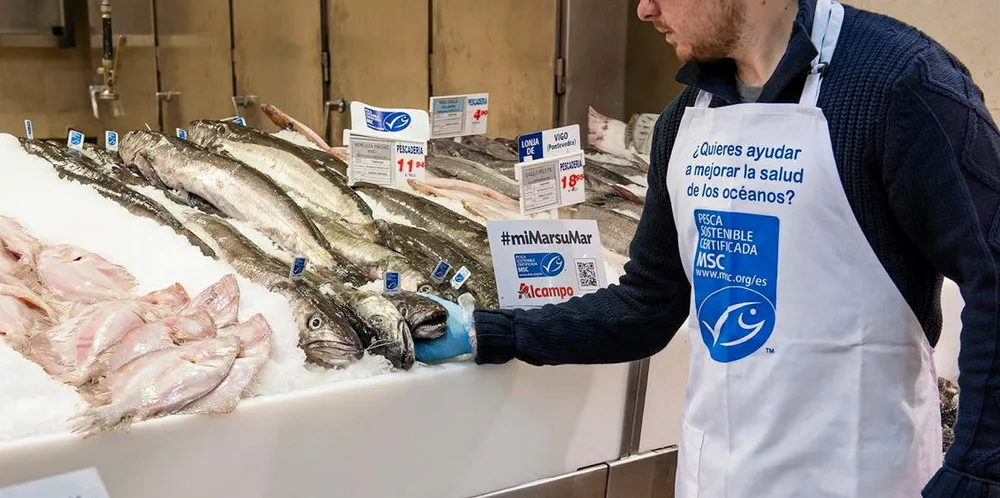European Union targeting eco-labels in greenwashing crackdown
New proposed rules from the European Commission are part of an effort to make Europe climate-neutral by 2050.

New proposed rules from the European Commission are part of an effort to make Europe climate-neutral by 2050.
